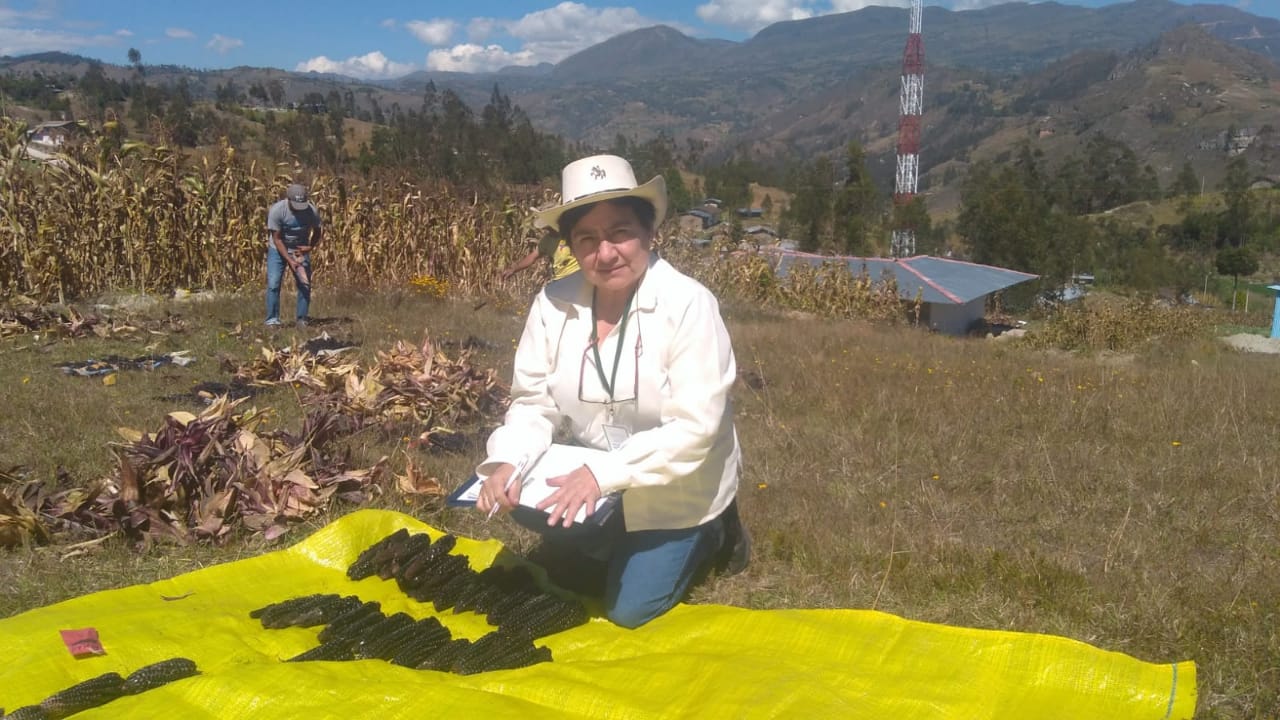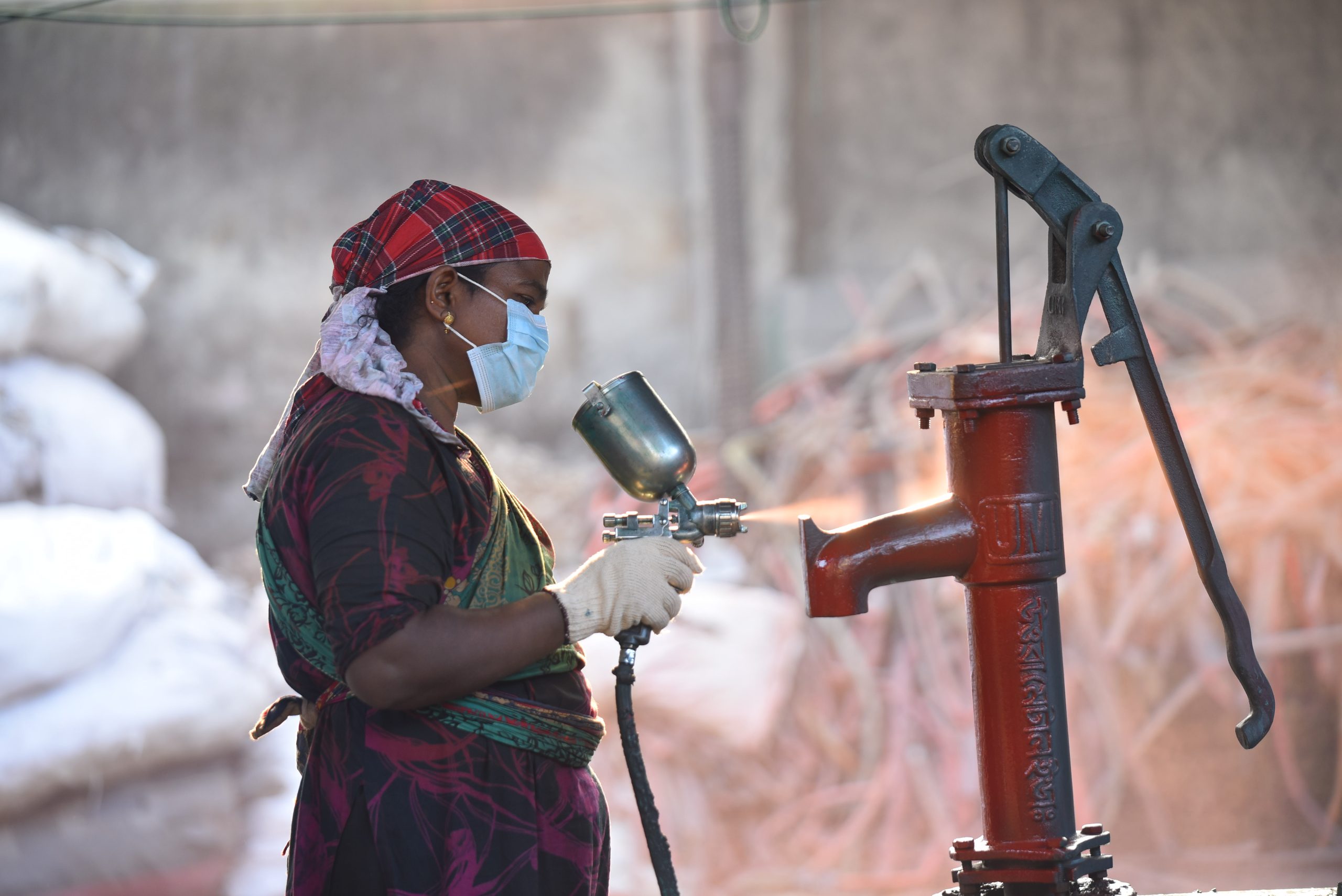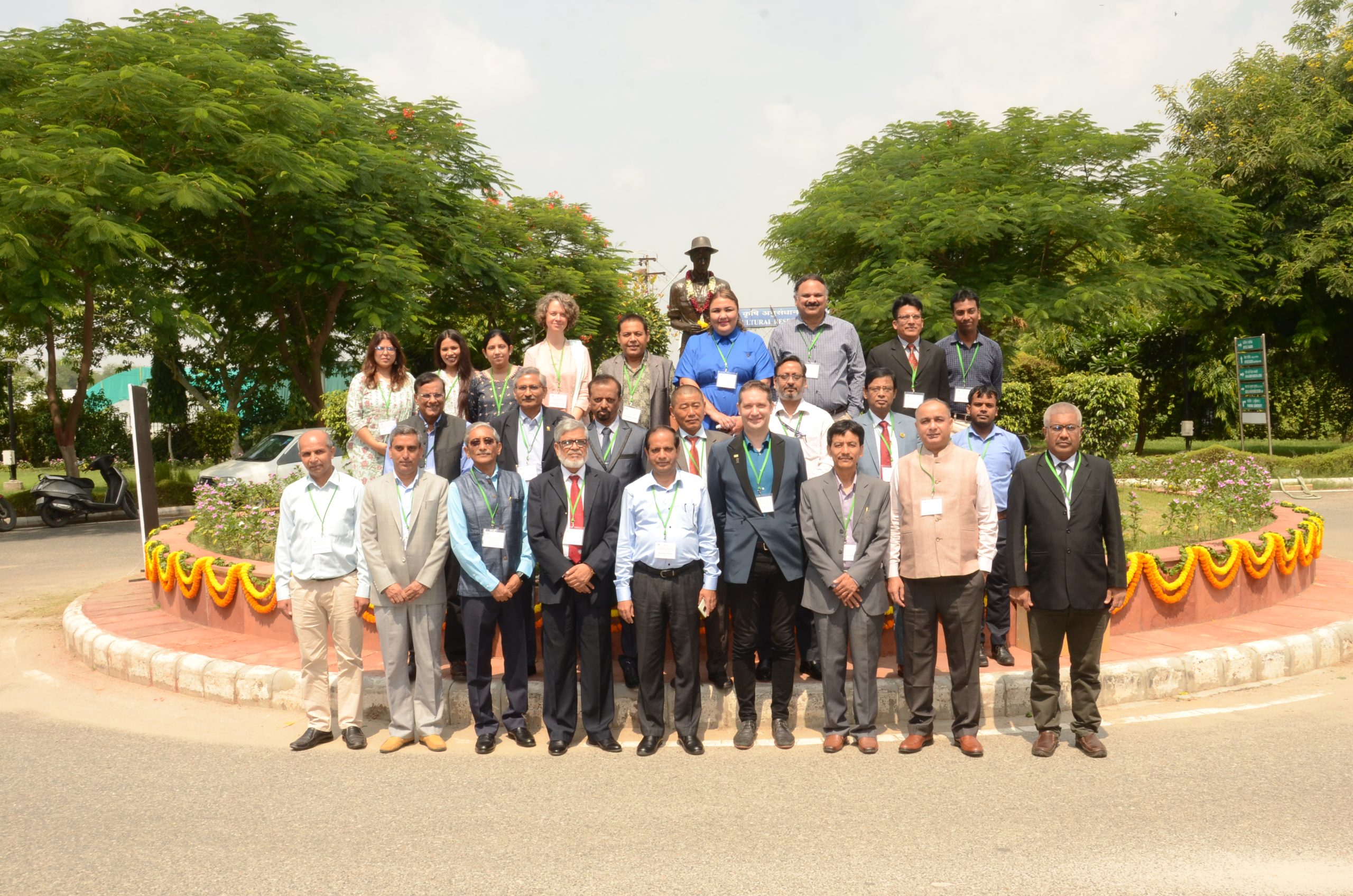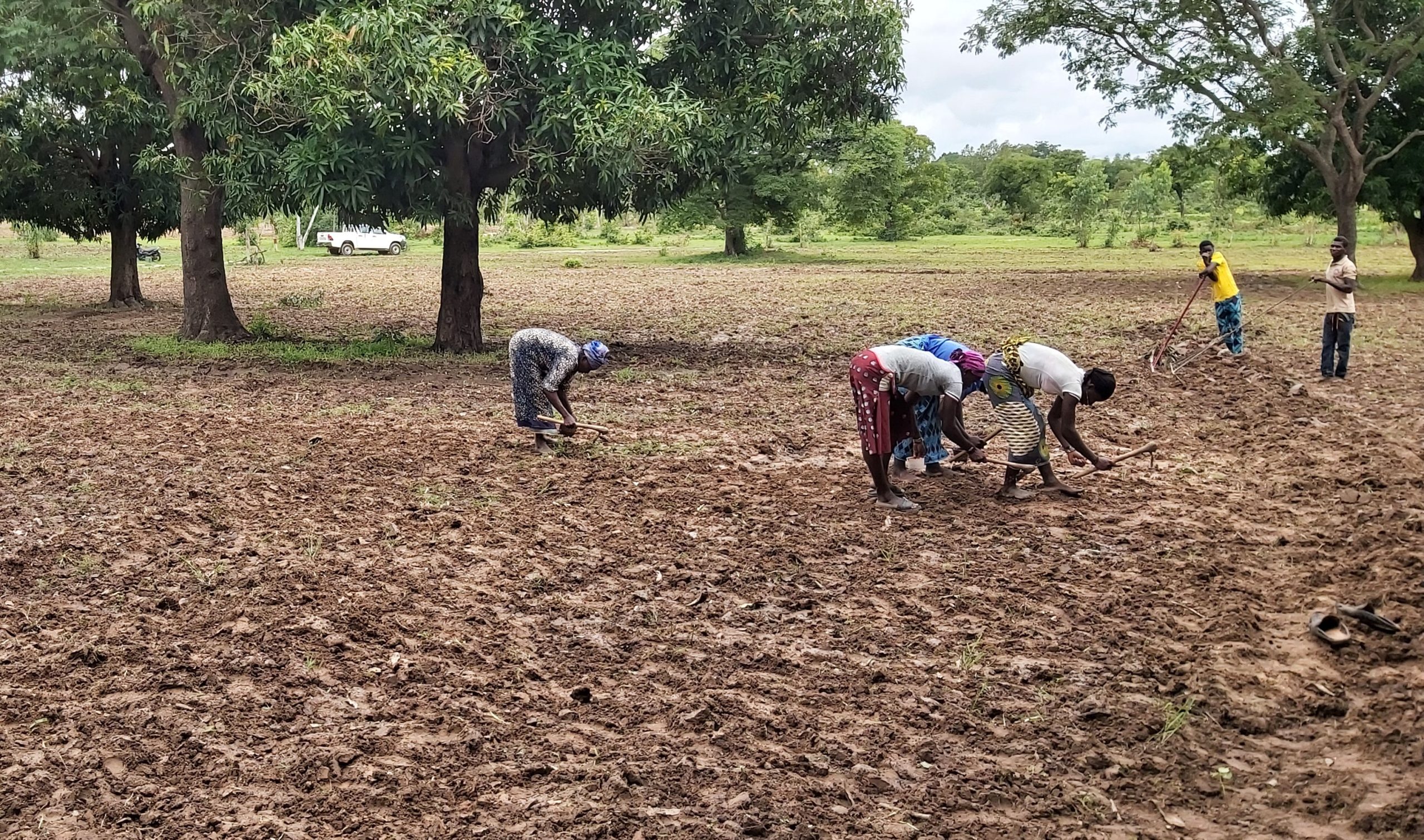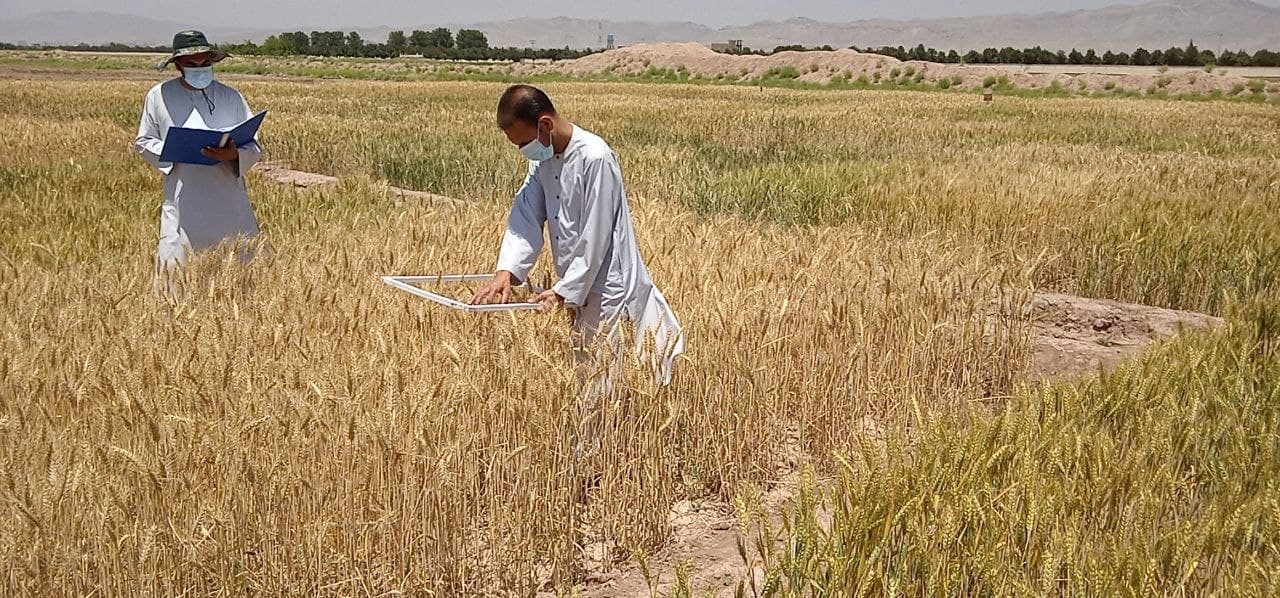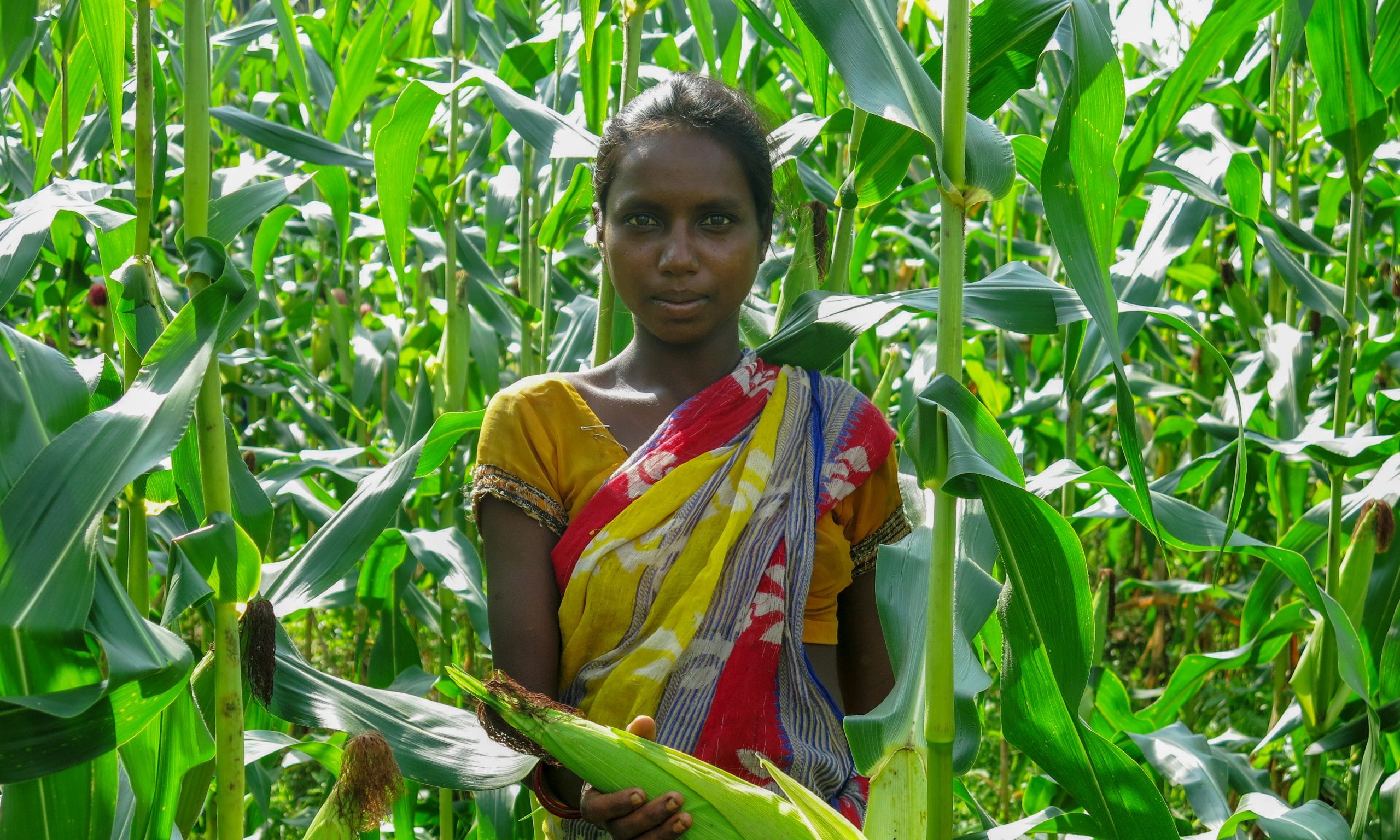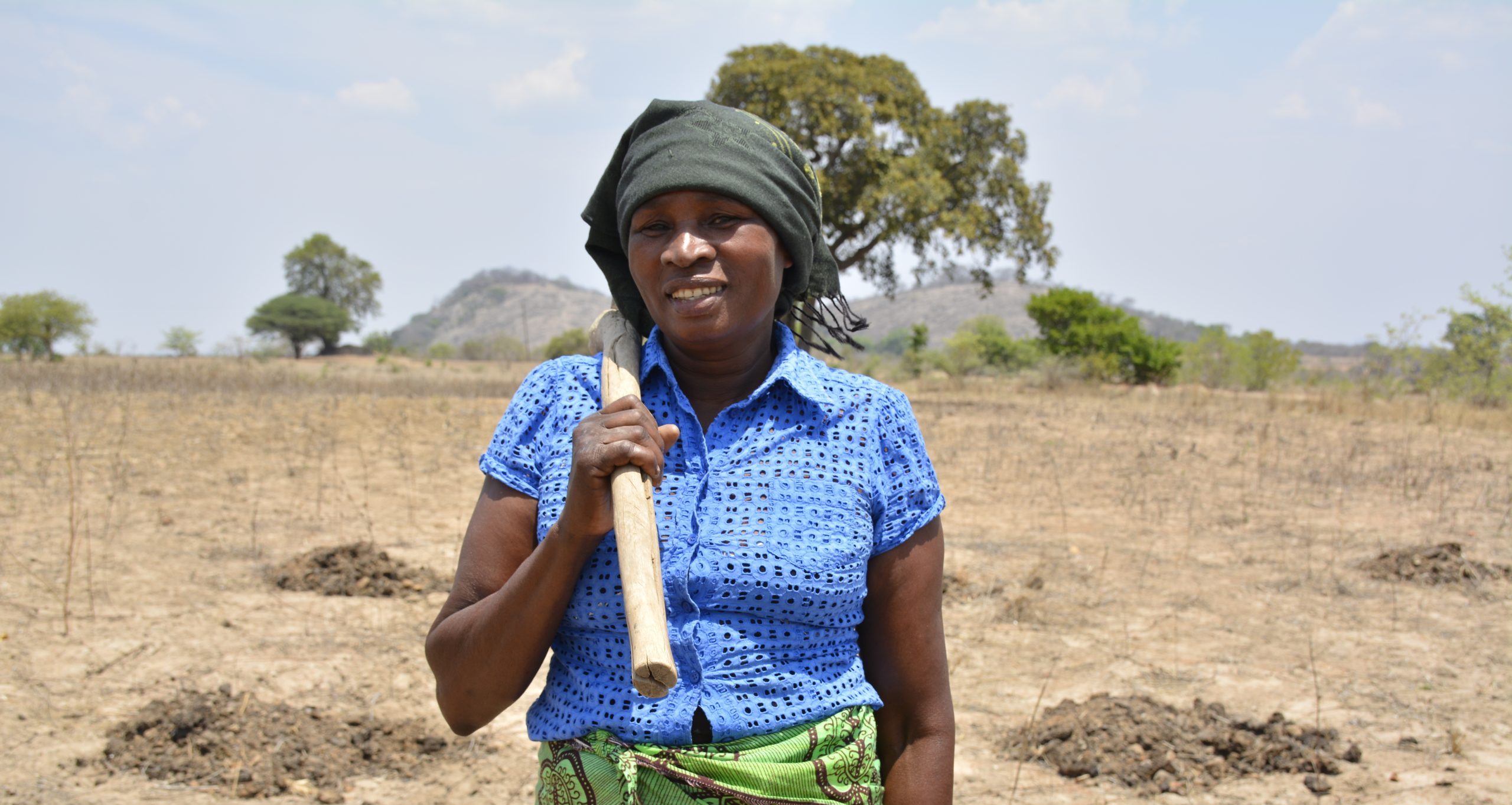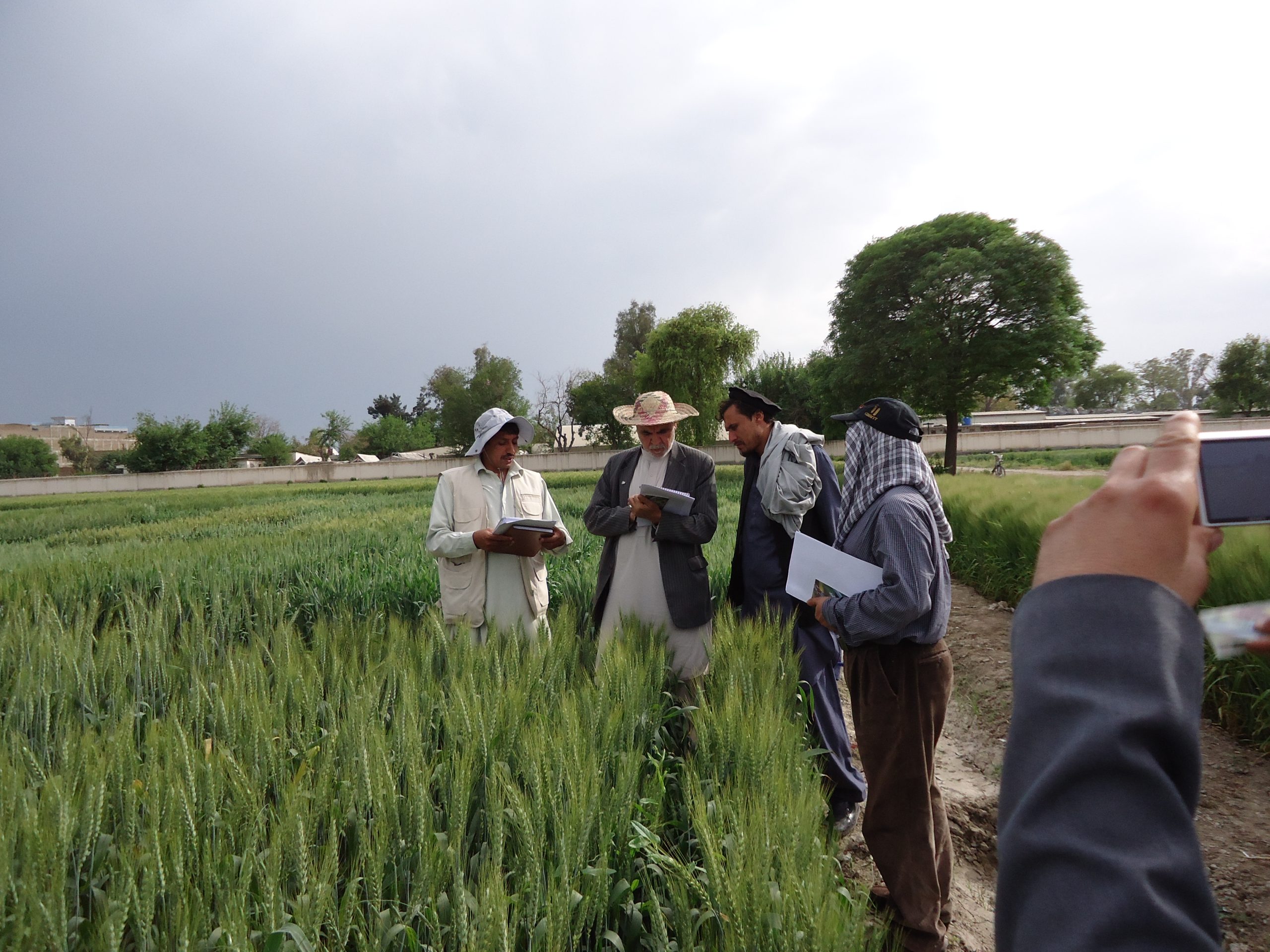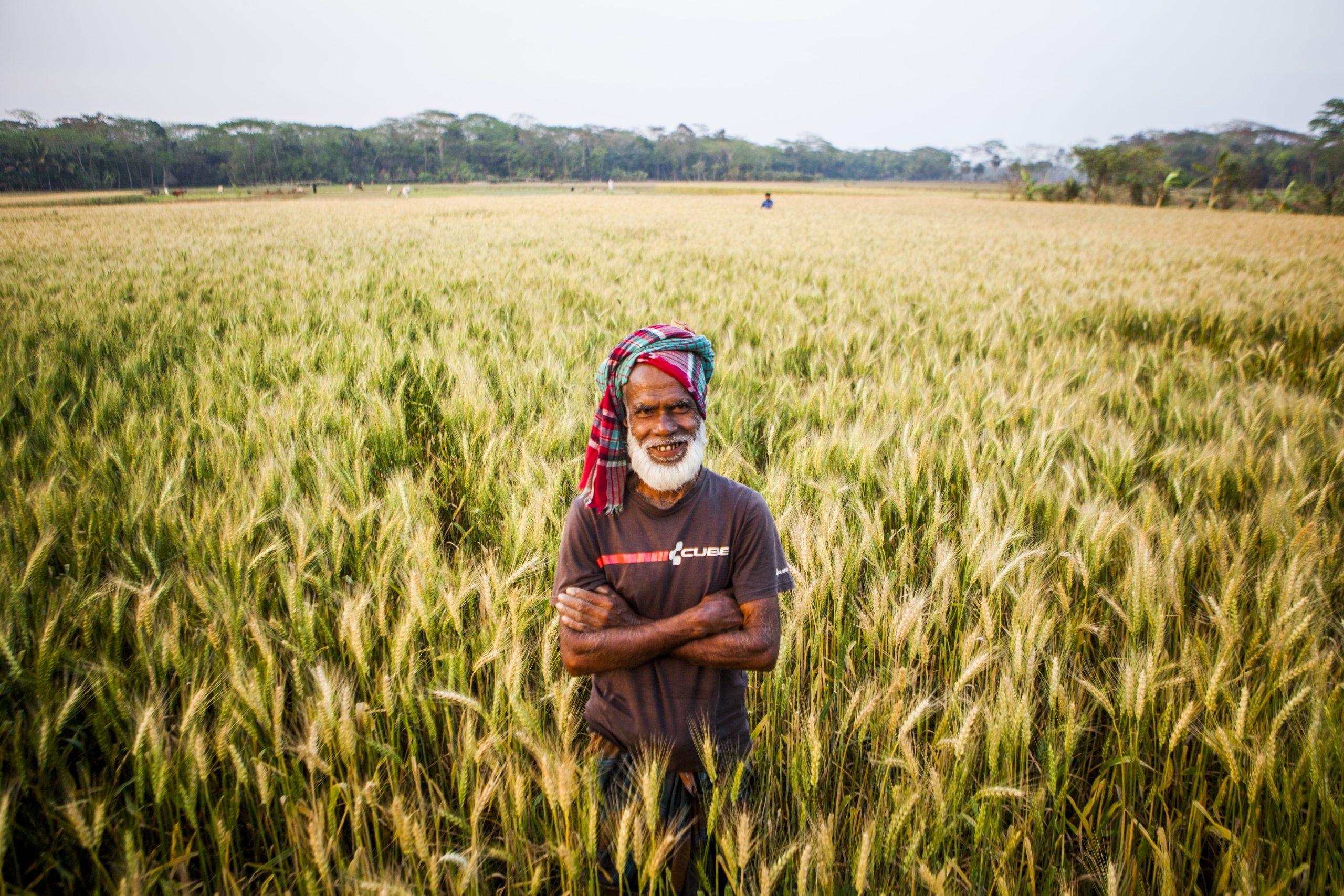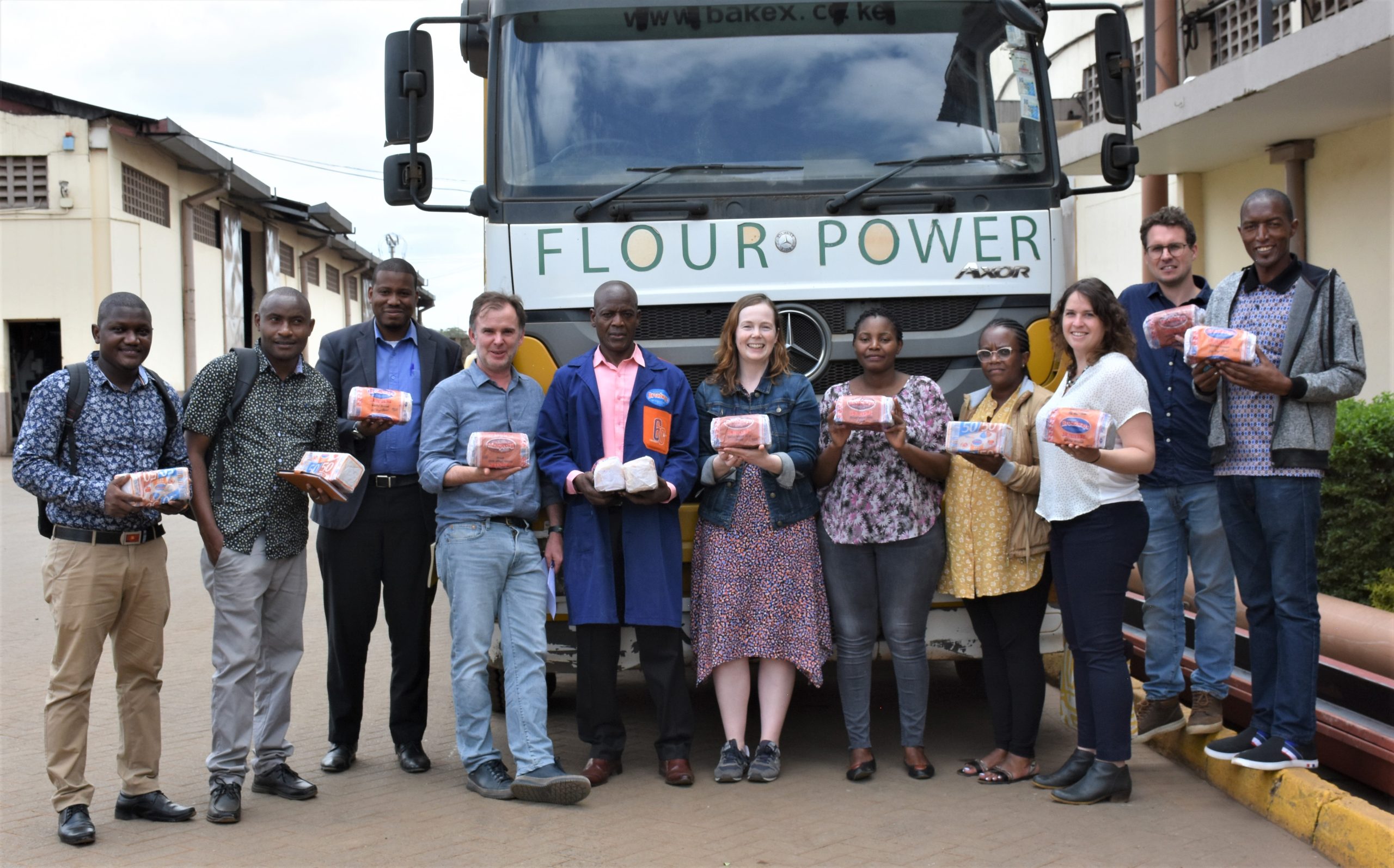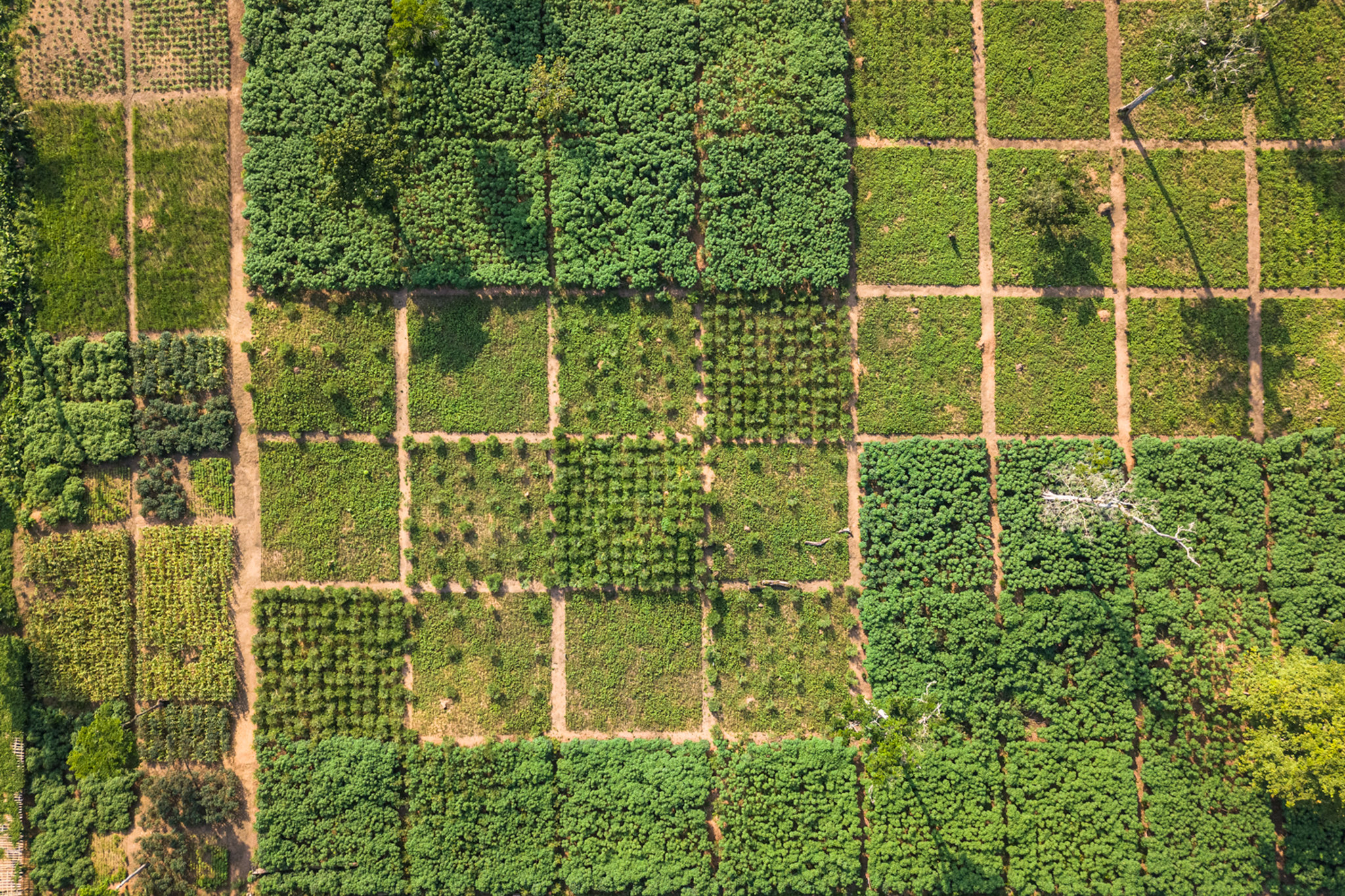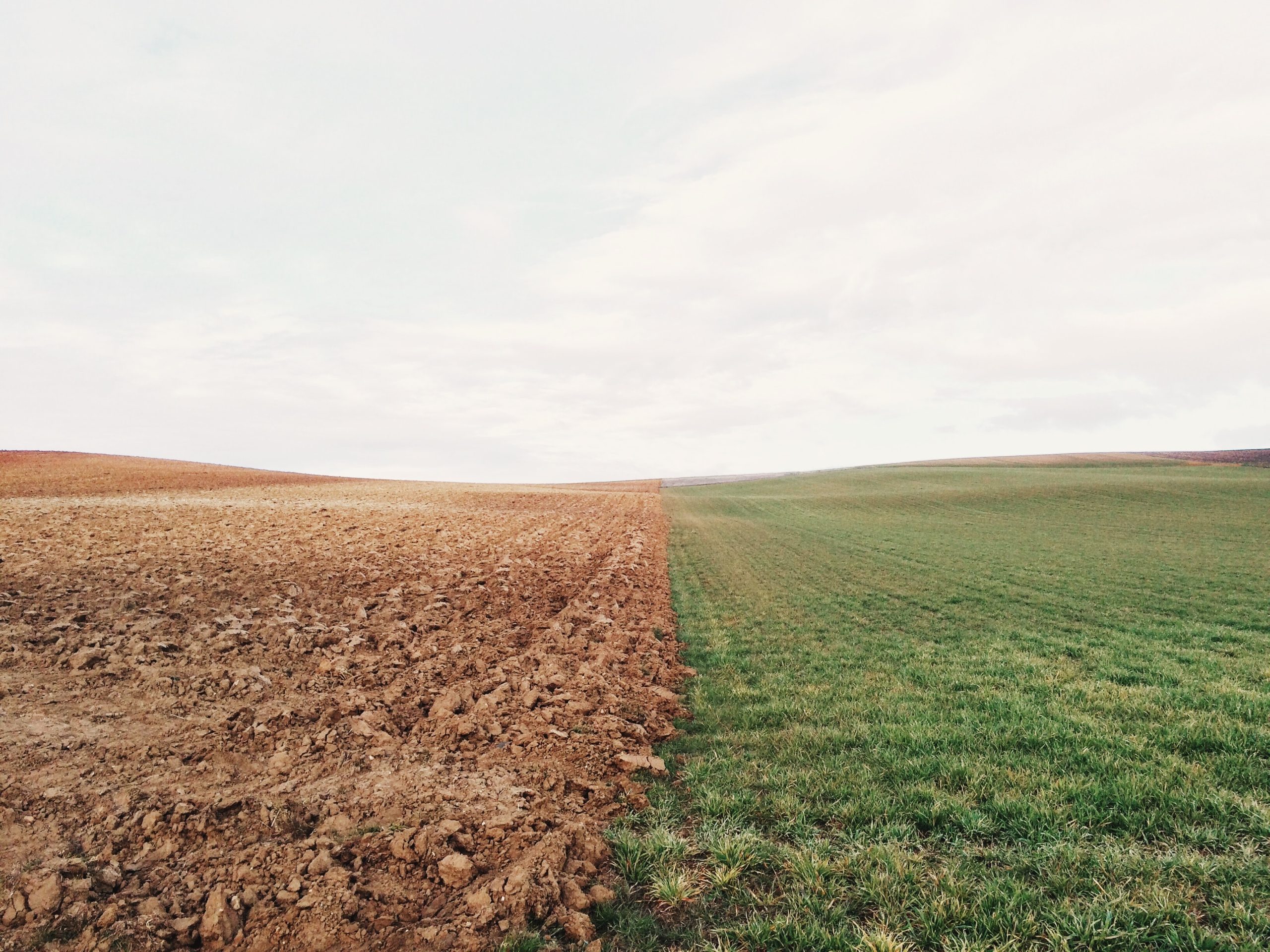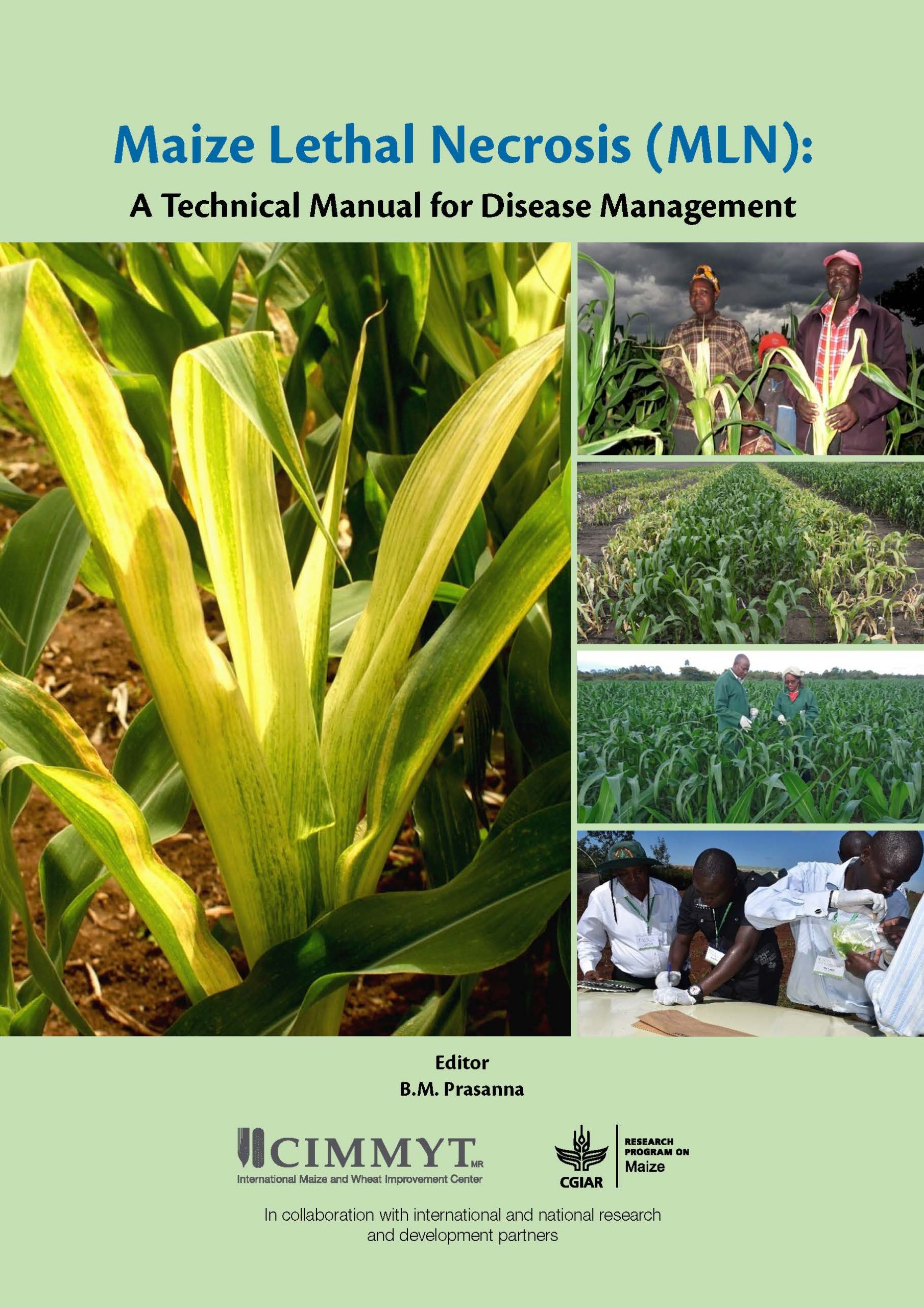Features
Making purple maize a seed of prosperity for Peruvian farmers
 Gender equality, youth and social inclusion
Gender equality, youth and social inclusion
High-yielding purple maize, introduced into Peruvian agriculture by Alicia Medina Hoyos, is attracting global attention.
Stepping up for South Asian women
 Gender equality, youth and social inclusion
Gender equality, youth and social inclusion
Through the CSISA project, CIMMYT is helping female farmers in Bangladesh, India, and Nepal to receive the recognition and opportunities they deserve.
Expanding BISA expertise to new horizons in South Asia
 Nutrition, health and food security
Nutrition, health and food security
Senior government representatives from across South Asia join forces to consolidate food security in the region.
In Burkina Faso, a business model for mechanization is providing hope
 Innovations
Innovations
CIMMYT and its partners are helping farmers branch out into business to improve crop yield and create job opportunities in their communities.
The right time for the right place
 Nutrition, health and food security
Nutrition, health and food security
Zone-specific recommendations provide Afghan farmers with the best practices in wheat production for their region.
Can we accelerate gender equality?
 Gender equality, youth and social inclusion
Gender equality, youth and social inclusion
Exacerbated by the pandemic, women are still facing inequality across all areas, including health and livelihoods. CIMMYT is working to make parity a reality.
Drought-tolerant maize and use of forecasting in agriculture praised by the Bill & Melinda Gates Foundation
 Climate adaptation and mitigation
Climate adaptation and mitigation
CIMMYT and CGIAR scientists develop drought-tolerant maize and use forecast information to prevent the spread of crop diseases.
Setting a standard: improving field trial data
 Capacity development
Capacity development
New manual helps standardize field trial data collection across Afghanistan.
Can agriculture bring South Asian countries together?
 Climate adaptation and mitigation
Climate adaptation and mitigation
An article in Amar Ujala in India explores the cross-country collaboration instigated by the Borlaug Institute for South Asia.
Strengthening capacity and building national and regional partnerships in the seed sector
 Capacity development
Capacity development
CIMMYT and its partners provide training on hybrid maize seeds to value chain actors from South Asia.
Pilot of new wheat variety improves yield for farmers in Ethiopia
 Capacity development
Capacity development
Farmers in Ethiopia’s lowlands trialed usage of the Kingbird wheat variety, with promising results for improved yield and increased income.
Exploring the potential for blended wheat flours in Kenya
 Climate adaptation and mitigation
Climate adaptation and mitigation
CIMMYT supports practical solutions to the ongoing global wheat crisis by understanding consumer acceptance of foods baked from blended wheat flour.
Getting to win-win: Can people and nature flourish on an increasingly cultivated planet?
 Climate adaptation and mitigation
Climate adaptation and mitigation
Faced with dramatic biodiversity loss and a growing population, should farmers “share” or “spare” land? Agricultural scientists weigh in, yielding a new perspective.
Q&A: Regenerative agriculture for soil health
 Environmental health and biodiversity
Environmental health and biodiversity
Farming system harnesses the power of biology to rebuild soil organic matter, diversify crop systems, and improve water retention and nutrient uptake.
MAIZE partners announce a new manual for effectively managing maize lethal necrosis (MLN) disease
 Environmental health and biodiversity
Environmental health and biodiversity
The manual builds on the lessons of a decade of work on MLN management in sub-Saharan Africa by CIMMYT and its partners.
